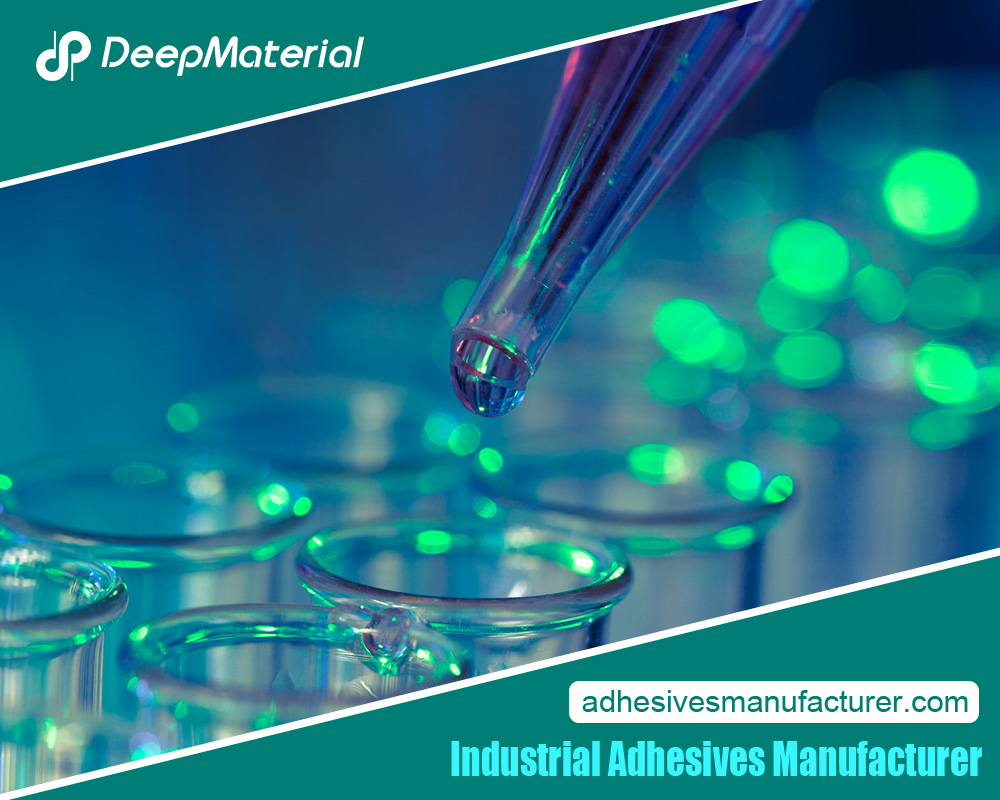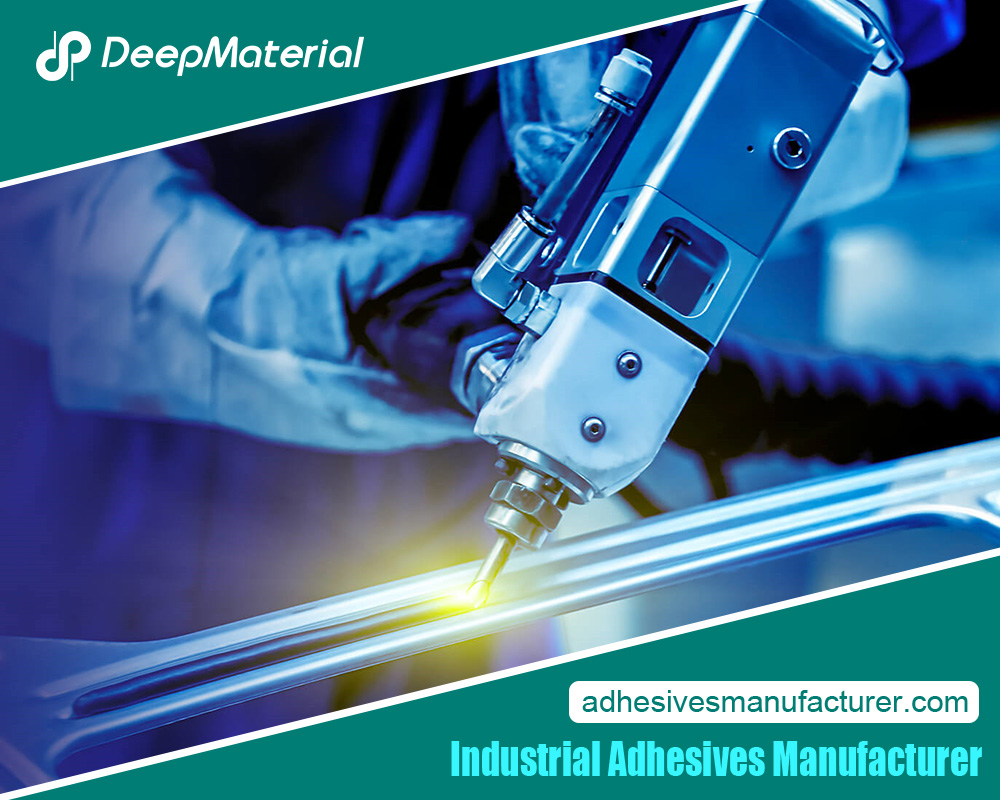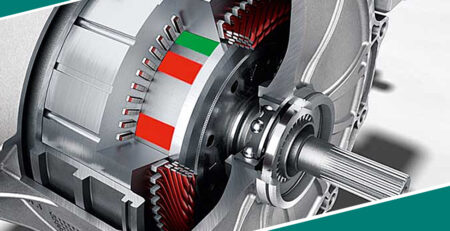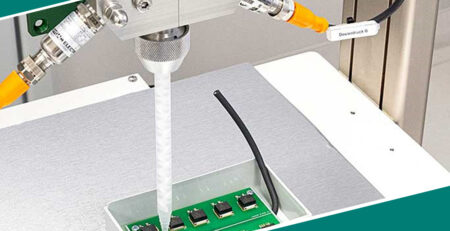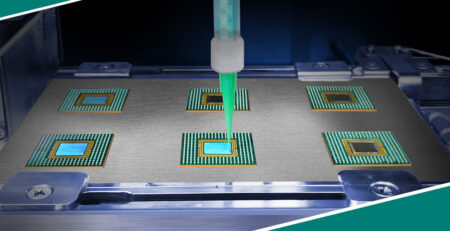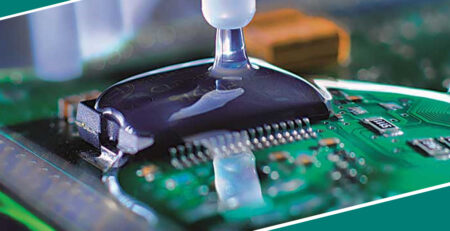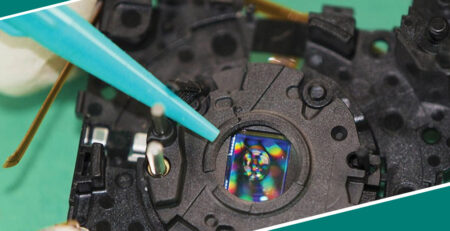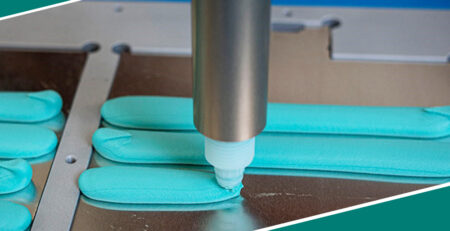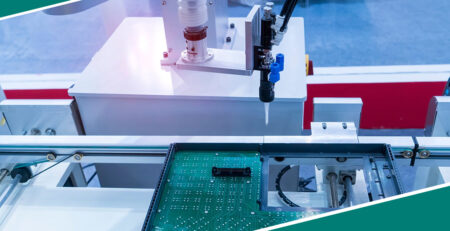The Comprehensive Guide to Industrial Strength Epoxy Adhesive
The Comprehensive Guide to Industrial Strength Epoxy Adhesive
In the ever-evolving manufacturing, construction, and repair landscape, adhesives are crucial in ensuring the strength and integrity of products and structures. Among the myriad of adhesive options, industrial strength epoxy adhesive stands out for its exceptional performance and versatility. This two-part adhesive system, made of resin and a hardener, offers unparalleled bonding capabilities to withstand extreme conditions. Whether you’re a manufacturing plant professional, a construction site contractor, or a DIY enthusiast tackling home repairs, understanding industrial strength epoxy adhesive can significantly enhance your project outcomes. This guide will explore the properties, applications, advantages, and best practices of industrial strength epoxy adhesives.
What is Industrial Strength Epoxy Adhesive?
Definition and Composition
Industrial strength epoxy adhesive is an adhesive characterized by its two-component system. This system comprises:
- Resin:The primary bonding agent that provides strength and flexibility.
- Hardener:A curing agent that reacts with the resin to form a solid, durable bond.
These components undergo a chemical reaction when mixed, resulting in a hardened structure. This makes epoxy adhesives extremely effective for various applications.
Types of Epoxy Adhesives
Structural Epoxy Adhesives:
- These adhesives are designed for high-load applications and are ideal for bonding structural materials like metals and composites.
Non-Structural Epoxy Adhesives:
- Used for applications where the adhesive is not subjected to heavy loads, such as in crafts and household repairs.
Flexible Epoxy Adhesives:
- These formulations allow for some movement and are suitable for applications requiring flexibility.
Critical Properties of Industrial Strength Epoxy Adhesive
Understanding the properties of epoxy adhesives is essential for selecting the right product for your needs. Here are some key characteristics:
High Strength and Durability
- Tensile Strength:Epoxy adhesives exhibit excellent tensile strength, making them suitable for heavy-duty applications.
- Impact Resistance:They can withstand shocks and impacts without failing.
Chemical Resistance
- Resistant to various chemicals, including solvents, oils, and acids, epoxy adhesives are ideal for industrial environments.
Thermal Stability
- Epoxy adhesives can maintain integrity across numerous temperatures, making them suitable for high- and low-heat applications.
Versatility
- Capable of bonding dissimilar materials such as metals, plastics, ceramics, and wood, epoxy adhesives are versatile enough for many projects.
Excellent Adhesion
- Epoxy adhesives provide strong adhesion to various surfaces, ensuring reliable performance in critical applications.
Applications of Industrial Strength Epoxy Adhesive
The versatility of industrial strength epoxy adhesives makes them suitable for numerous applications across various industries:
Manufacturing
- Automotive Industry:Used for bonding structural components, repairing parts, and assembling vehicles.
- Aerospace:Critical for bonding aircraft components due to their lightweight and high-strength properties.
- Electronics:Perfect for encapsulating sensitive components to protect them from environmental factors.
Construction
- Structural Repairs:Effective in repairing concrete, masonry, and other building materials.
- Interior Finishing:Ideal for bonding tiles, laminates, and other decorative elements.
- Anchor Systems:Often used with mechanical fasteners to enhance structural integrity.
Marine Applications
- Boat Building:Utilized in constructing and repairing boats and bonding materials like wood, fiberglass, and metal.
- Underwater Repairs:These are effective for repairs below the waterline due to their waterproof properties.
DIY Projects
- Crafts and Hobbies:Suitable for jewelry making, model building, and other intricate projects.
- Home Repairs:Fix furniture, household items, and surfaces.
Advantages of Using Industrial Strength Epoxy Adhesive
Utilizing industrial strength epoxy adhesives presents numerous benefits:
Superior Bonding Strength
- It provides a durable bond that can withstand heavy loads and environmental stressors.
Cost-Effectiveness
- Although initial costs may be higher than other adhesives, the long-term benefits and durability result in significant savings.
Ease of Use
- Many epoxy adhesives have user-friendly application methods, making them accessible for professionals and amateurs.
Long Shelf Life
- Epoxy adhesives generally have a long shelf life, allowing storage without significant degradation.
Environmental Resistance
- Formulations are often designed to resist moisture, UV light, and temperature fluctuations, making them suitable for outdoor applications.
Best Practices for Using Industrial Strength Epoxy Adhesive
To achieve optimal results when using industrial strength epoxy adhesives, it’s essential to follow the best practices:
Surface Preparation
- Cleaning:Ensure surfaces are clean and free from dust, grease, and moisture.
- Abrasion:Lightly sand or abrade surfaces to increase surface area for better adhesion.
Proper Mixing
- Follow Instructions:Adhere to the manufacturer’s mixing ratio for resin and hardener.
- Thorough Mixing:Mix components well to achieve a uniform consistency and optimal bonding strength.
Application Techniques
- Use Appropriate Tools:Employ brushes, spatulas, or applicators suited for the specific job.
- Apply Evenly:Ensure a consistent adhesive layer for uniform strength across the bond.
Curing Process
- Allow Proper Curing Time:Refer to product specifications for curing times and conditions.
- Optimal Conditions:Maintain ideal temperature and humidity levels for best results.
Safety Precautions
- Personal Protective Equipment (PPE):Use gloves, goggles, and masks to protect against skin and eye contact and inhalation of fumes.
- Ventilation:Work in a well-ventilated area to minimize exposure to fumes.
Troubleshooting Common Issues with Epoxy Adhesives
Even with the best practices, issues can arise when using epoxy adhesives. Here are some common problems and solutions:
Incomplete Curing
- Issue:The adhesive remains tacky or does not harden.
- Solution:Ensure proper mixing ratios and curing conditions; temperature and humidity can significantly affect curing time.
Weak Bonding
- Issue:The bond fails under stress.
- Solution:Check surface preparation; ensure surfaces are clean, dry, and adequately abraded before application.
Yellowing or Discoloration
- Issue:Epoxy develops a yellow tint over time, especially in UV exposure.
- Solution:Choose UV-resistant formulations for outdoor applications or projects exposed to sunlight.
Bubble Formation
- Issue:Air bubbles appear in the cured adhesive.
- Solution:Avoid mixing too vigorously; use slow, gentle mixing techniques to minimize air incorporation.
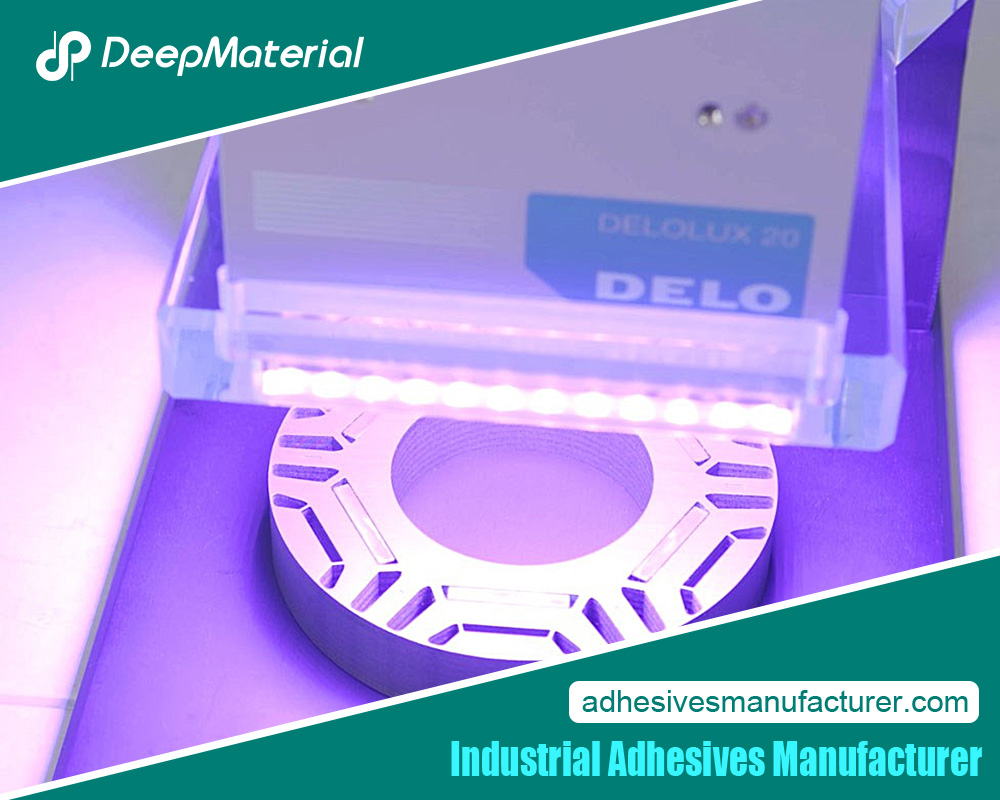 Conclusion
Conclusion
Industrial strength epoxy adhesives are essential in various industries, providing unmatched bonding strength, durability, and versatility. From manufacturing and construction to marine applications and DIY projects, understanding the properties, applications, and best practices associated with these adhesives can greatly enhance project outcomes. By following the guidelines outlined in this guide, users can effectively harness the power of industrial strength epoxy adhesive, ensuring strong, reliable bonds that stand the test of time. Embrace the advantages of epoxy adhesives in your work and elevate your projects to new levels of quality and performance.
For more about a complete guide to the comprehensive guide to industrial strength epoxy adhesive, you can pay a visit to Deepmaterial at https://www.adhesivesmanufacturer.com/ for more info.


